They used to live on the street. The dog, a puppy, was in a dog shelter. The young people wanted him in their house, so he got asylum in the House of Rescue. The cat was found on the street by the young people when it was only a kitten. Hungry, covered with oil, so thin that you could only count her ribs by looking at her. She was frightened and had her eyes wide open. The youngsters took her from the street into the house, feeding her first with milk and later with solid food. In this way the cat also got asylum in our house.
Our young people were also taken from the reception centres, they were afraid of everything, you could see it in their eyes. So was their tiredness, caused by sometimes years of travelling from their countries of origin. They are also alone, just like the cat and the dog.
It took some time for each teenager to relax, without daily stress and tension, and to be able to recognise and enjoy the security of the new environment. We think that their experiences have made them feel empathy for animals that also stand on their own and the urge to help them by taking care of them, feeding them, stroking them and caring for them in a warm and safe house, just as they themselves found it in this house.
The dog was called Tyson when he was a puppy and before we could identify his sex. As he grew, we could see that it was indeed a female! So it was late to change his name and we sometimes joke that she gets an identity crisis if she is called by a male name… Well, the boys tried to tackle the problem by adding Jessica as a first name and keeping Tyson as a last name and even tried to call it “Tysonka”, which is the Serbian equivalent of a female Tyson, which only adds to the confusion that already exists. And, it didn’t work… Our dog lady is still called Tyson.
The boys simply called the cat “Machka”, which is the Serbian name for a cat, because they like the sound of the word, which is new to them. Later she got her name Luna. In view of the experience with Lady Tyson we first checked her sex. But the boys still call her mainly “Machka”.
They enjoy feeding Tyson and Luna, going for walks with Tyson, but even more they enjoy playing with them or just watching how they react to different situations and act funny. Machka climbs trees all the time and then never comes down from the tree again. Everyone laughs about it and then we help her to get on solid ground.
Tyson is a loving animal that likes to be stroked. She demands more and more attention and could spend the whole day being petted. When we have visitors or a new boy in the house, she runs around overwhelmed with joy – even more people stroking her!
It can also attract our attention in other ways: Trying to eat pieces of furniture, slippers, doormats and any cushion she can grab, or breaking cloths into tiny particles and spreading them all over the house or garden… not really funny, but it causes a lot of laughter. For example, once she tried to eat our shopping list, so we had to write a new list before we could go to the supermarket.
We can say that Tyson and Luna get along well, but keep at a safe distance. However, sometimes we can use the expression “How cats and dogs get along” to describe their relationship. It’s usually about food, although they get different kinds of food, but Tyson is always willing to try Luna’s food. It causes a lot of excitement and usually Tyson has to withdraw.
As the last winter approached, the boys felt that it was time for Tyson and Luna to get their own homes. So they built a doghouse out of wood and pewter (for the roof) and a wooden cathouse. It was a lot of work, but this resulted in each animal getting its own house within the house, i.e. the asylum in the asylum house, or rather a shelter.
Psychologists say that animals can have a healing effect on humans. So we think that our pets bring a lot of joy and laughter besides the “useful” effect of feeding and caring for animals and the “playmate effect”. They also have a kind of healing effect on the young people by helping them to process the traumas they have been exposed to on their travels and to leave them behind.

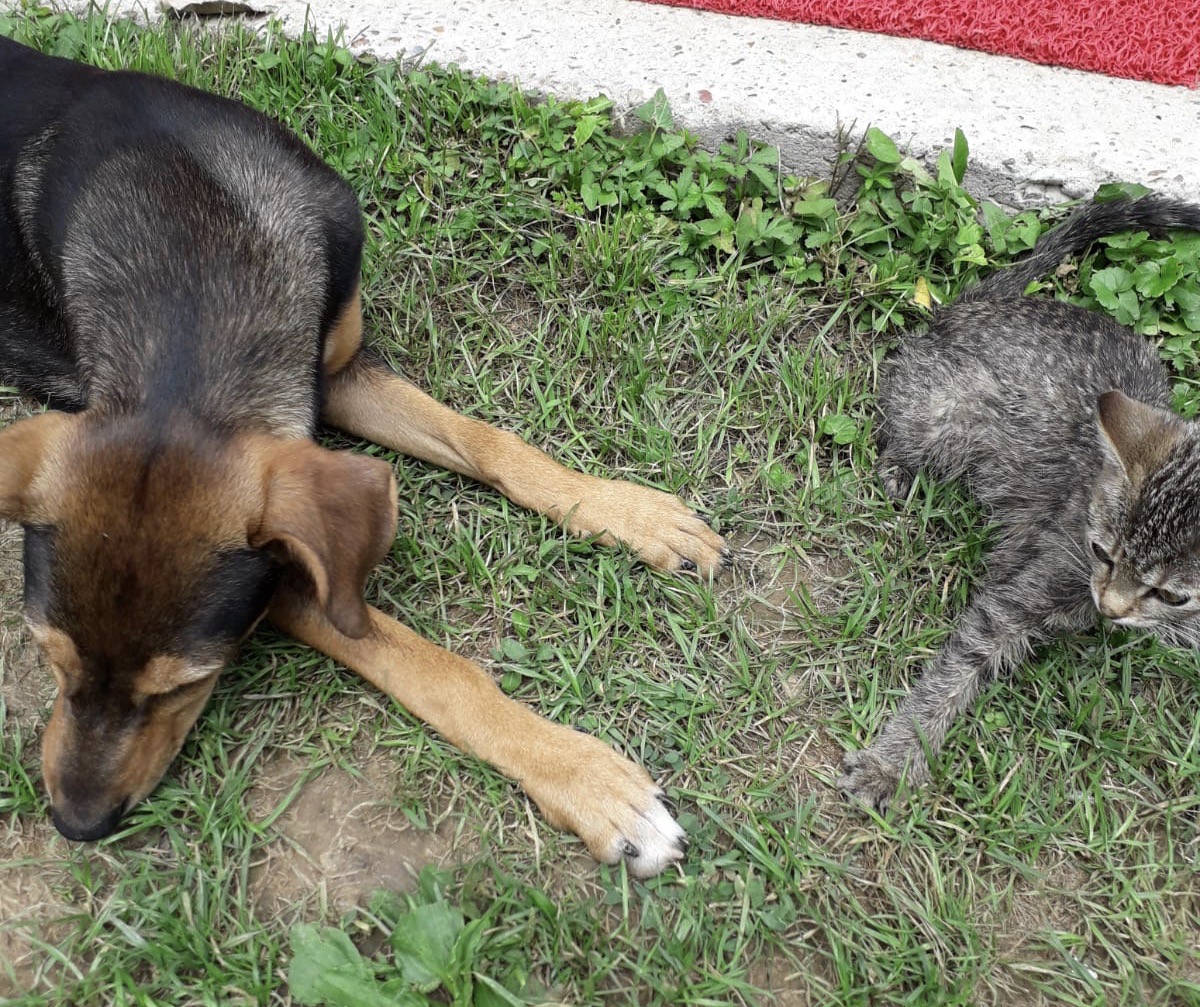
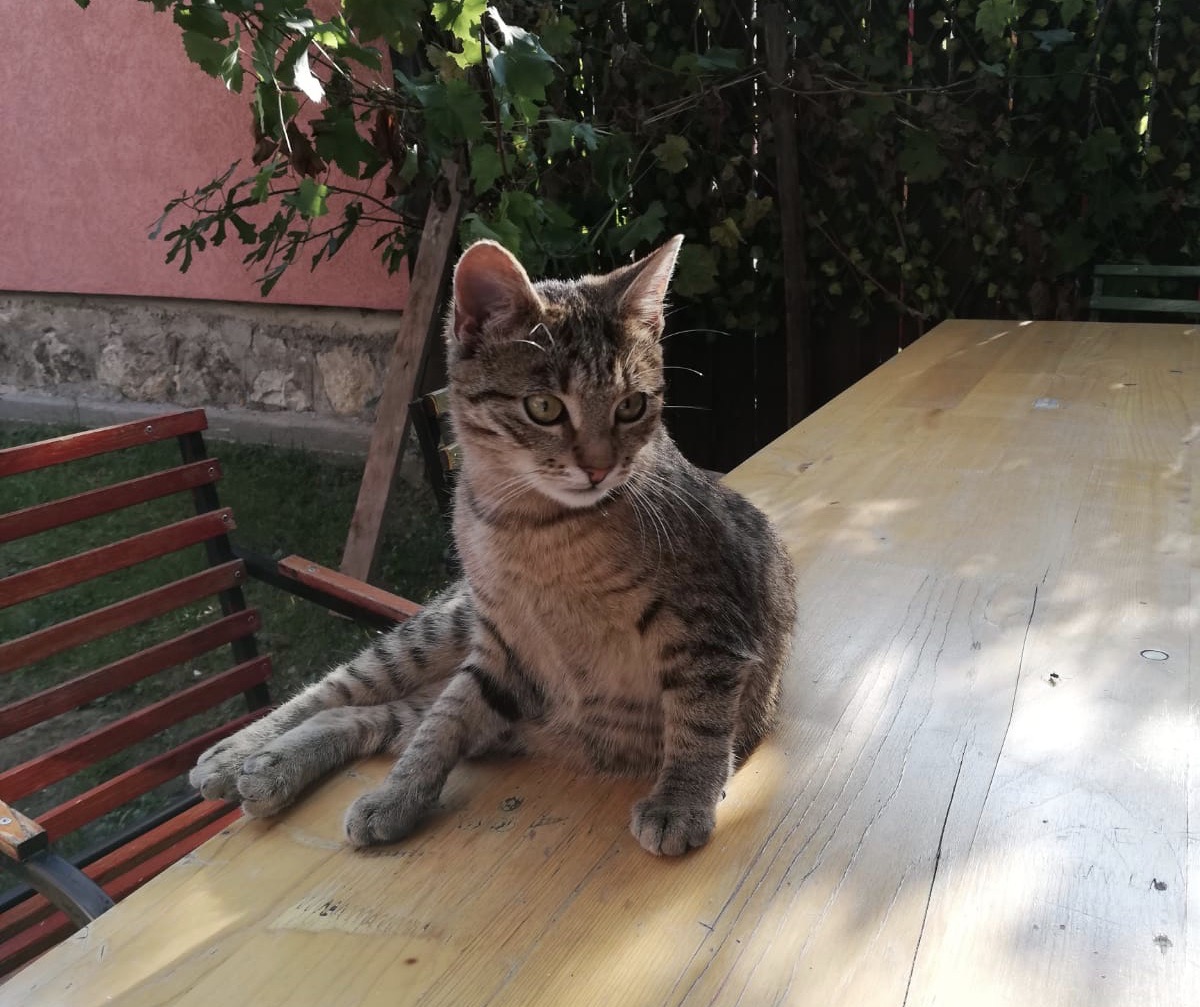
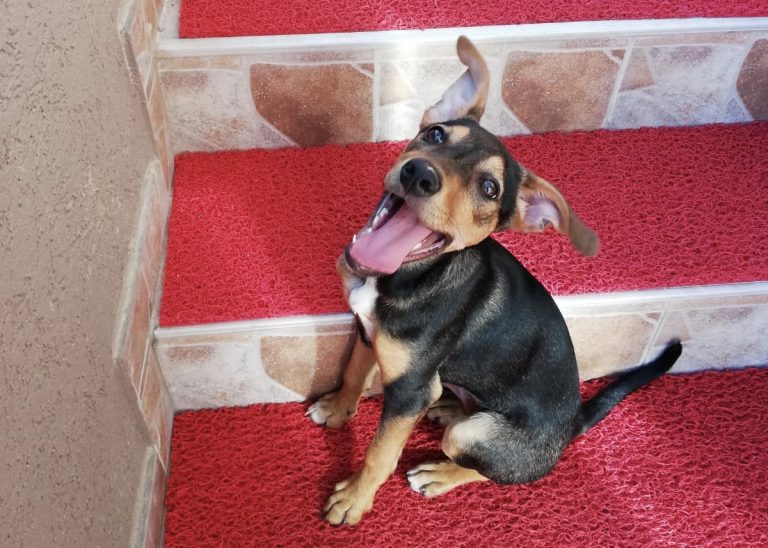
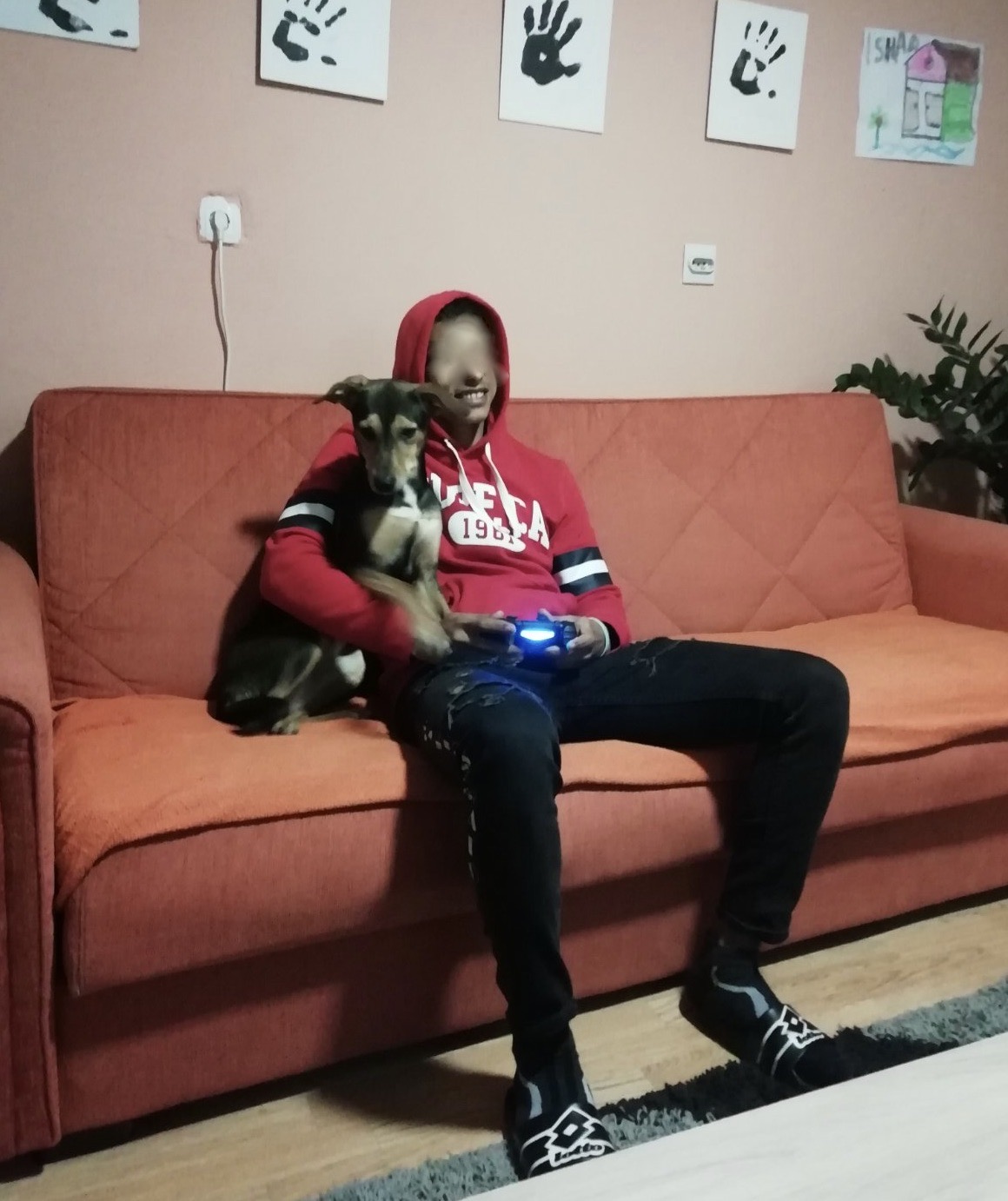
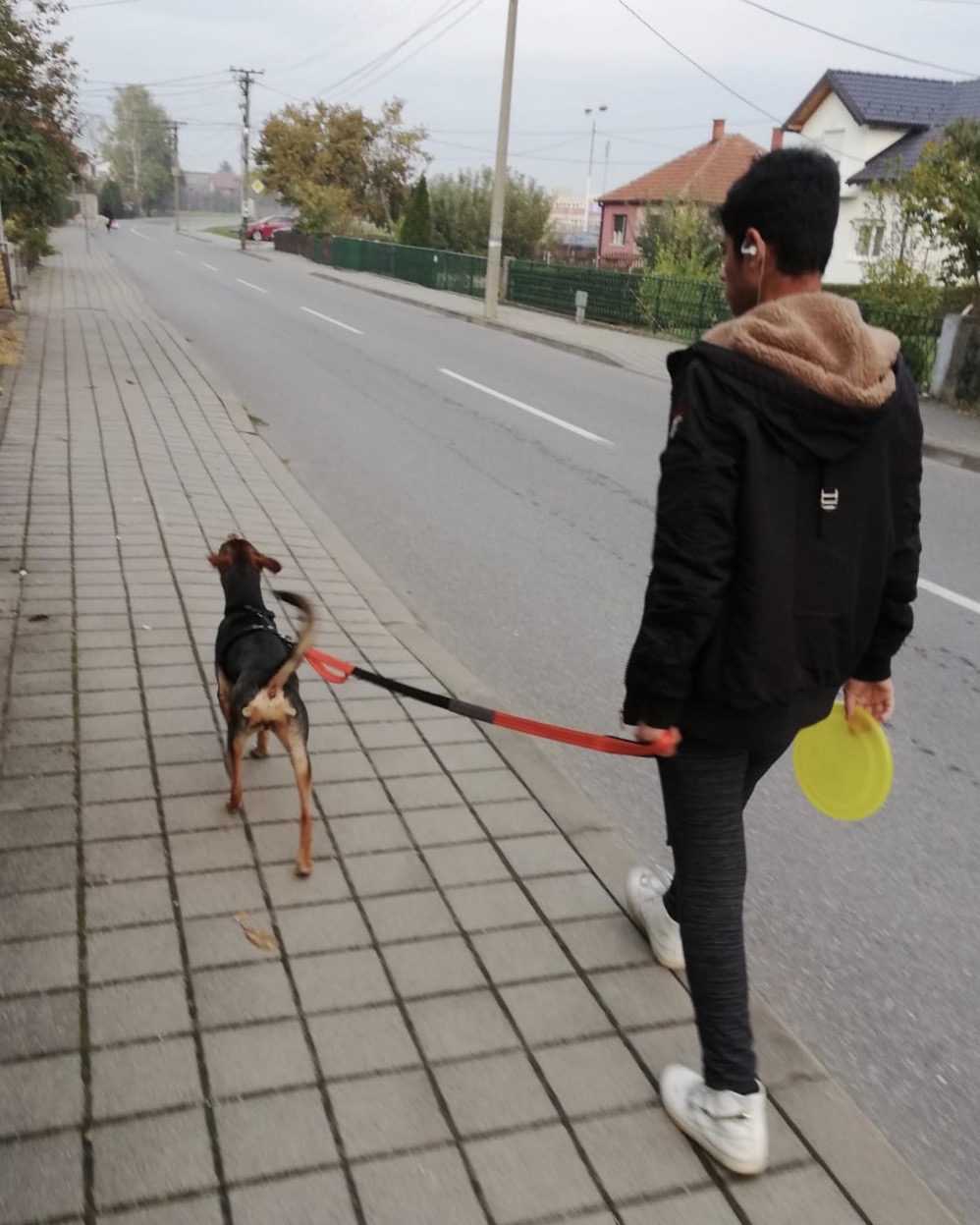
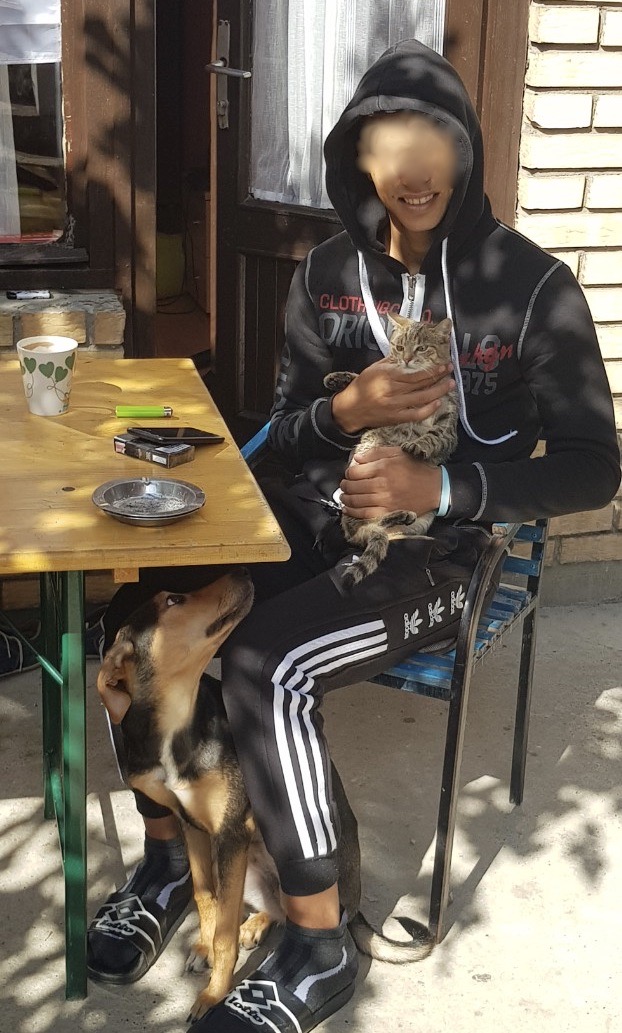
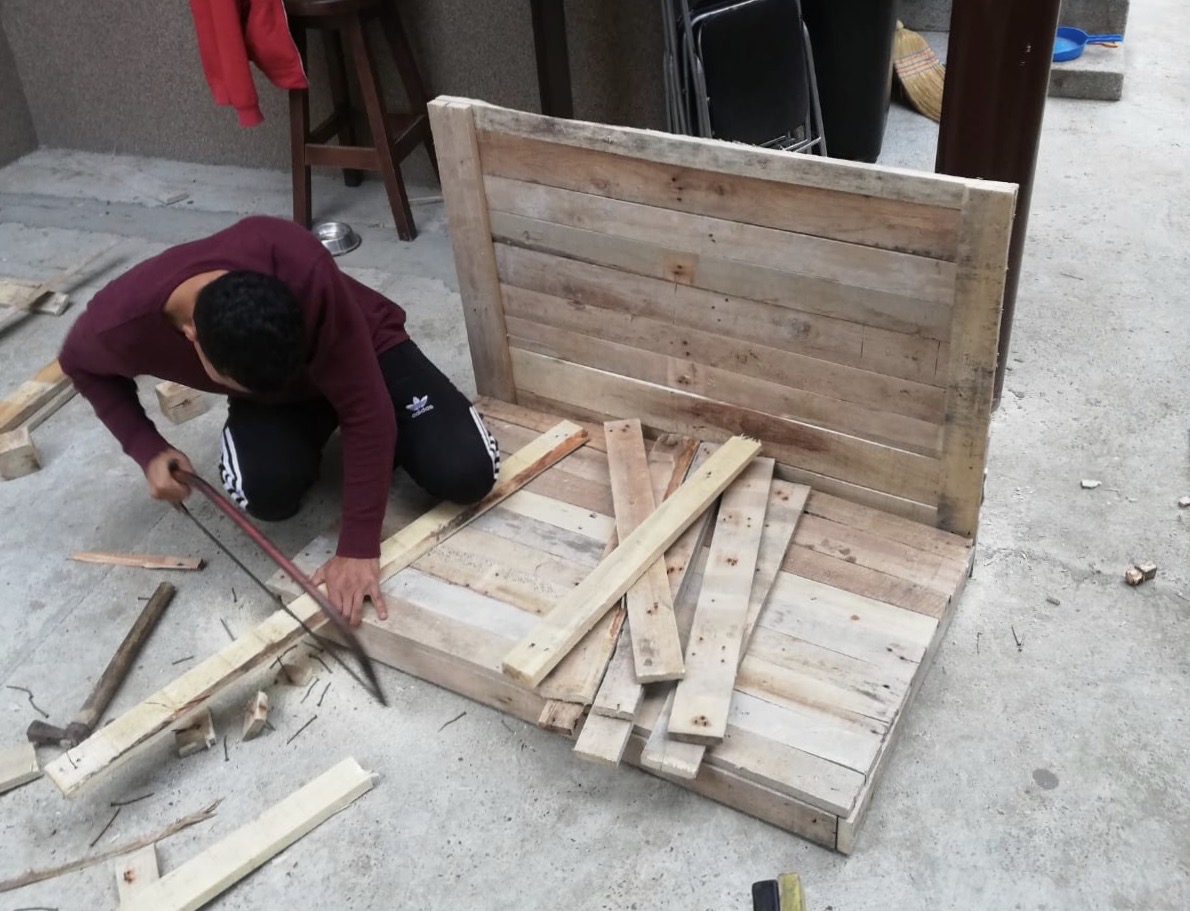
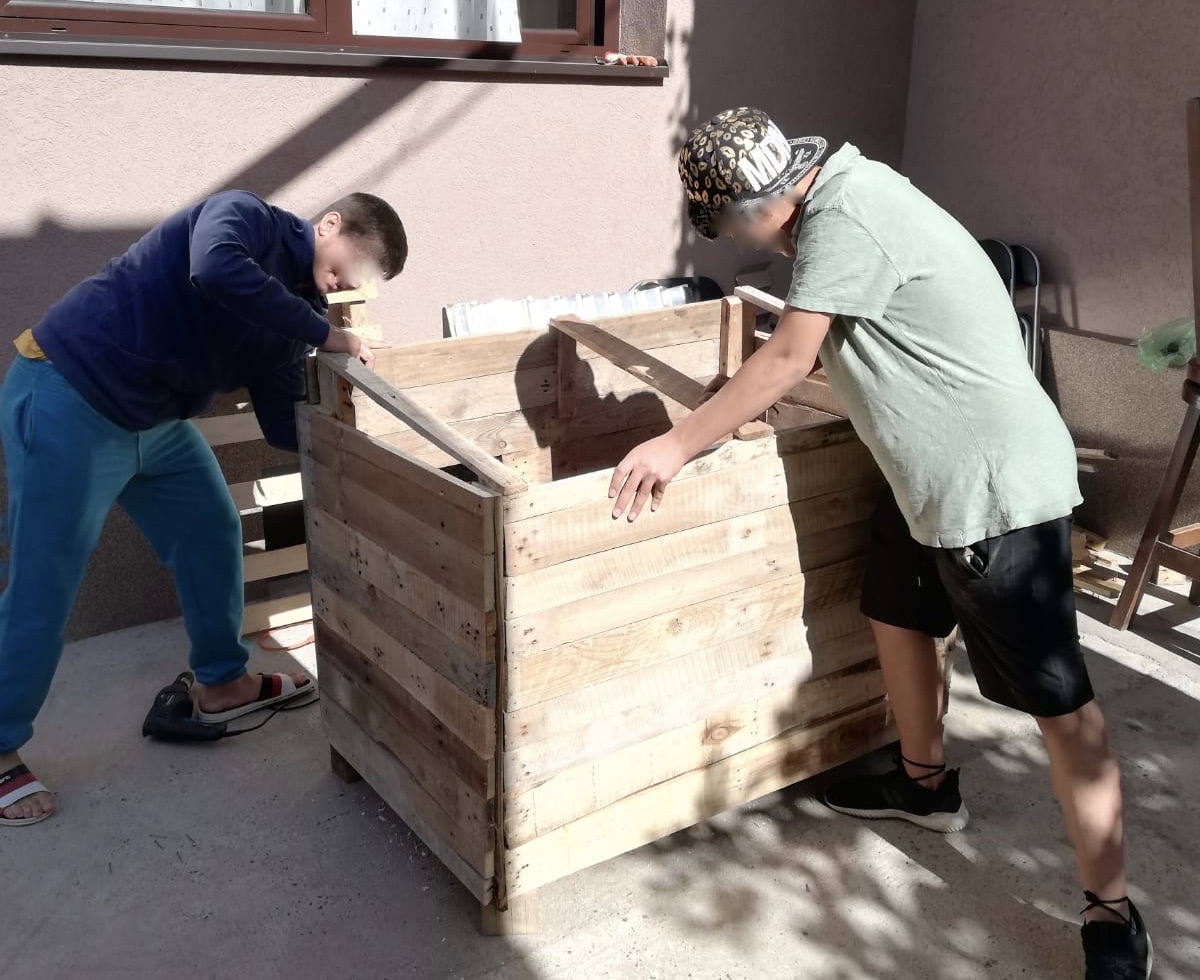
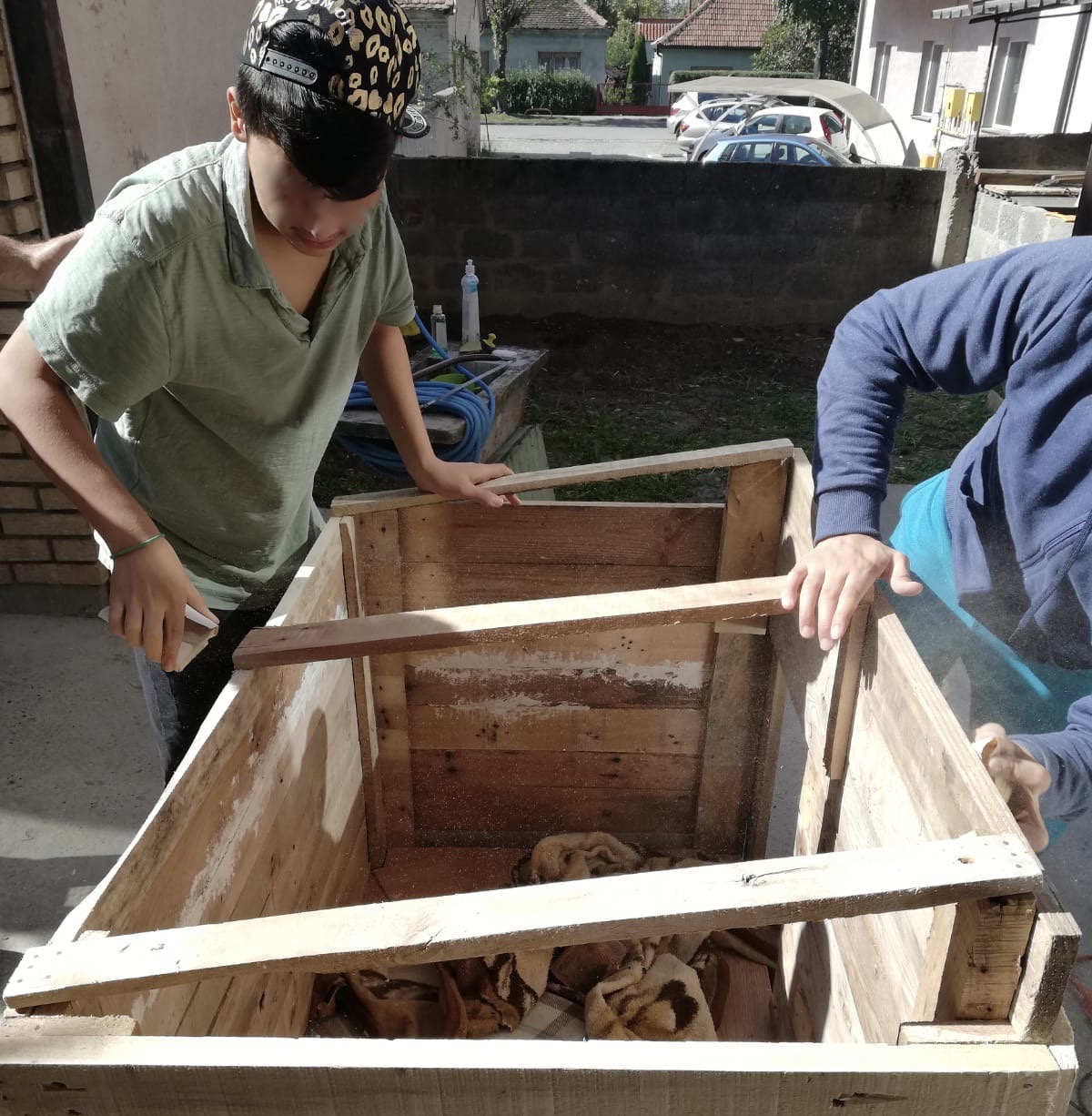
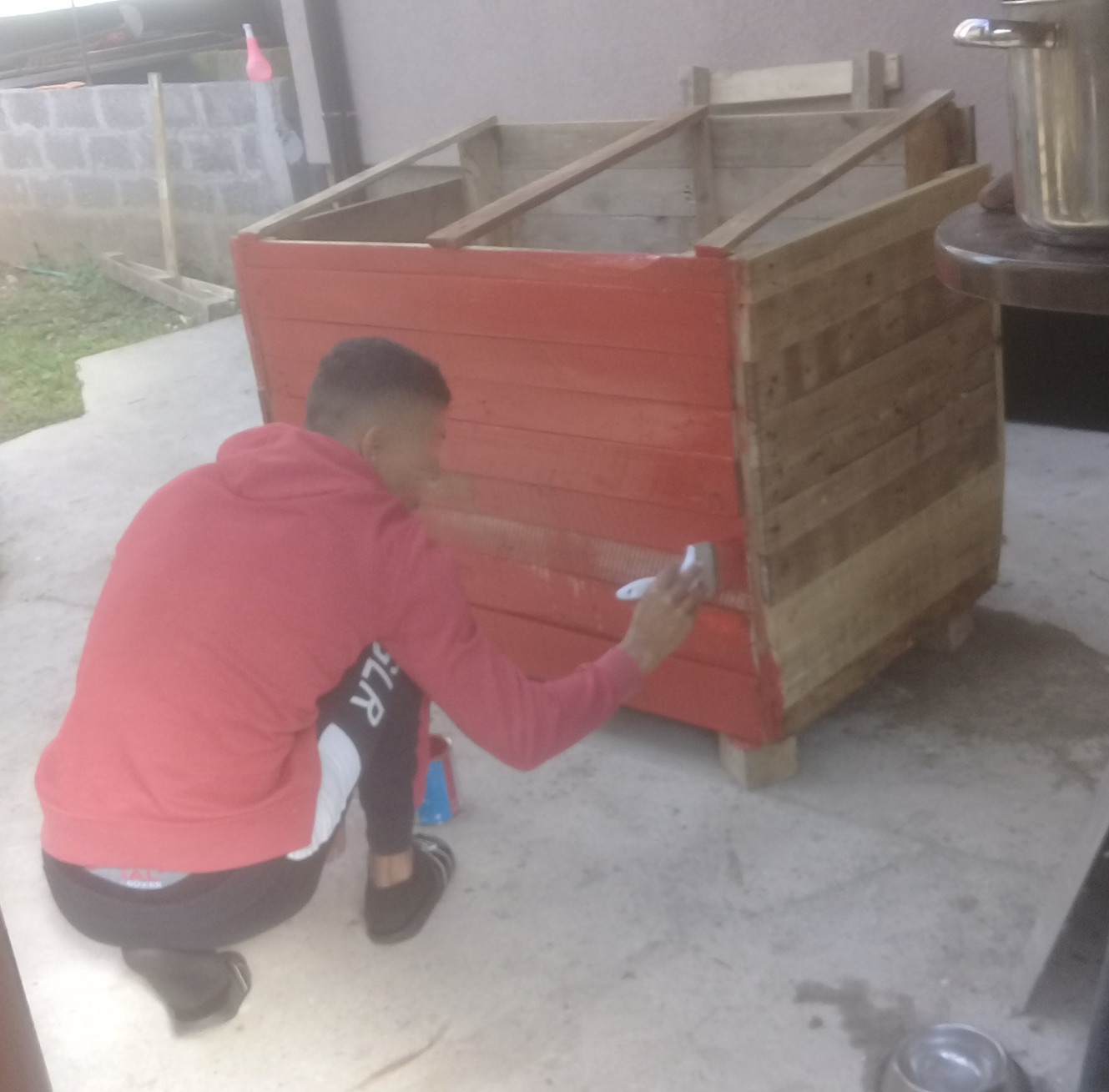
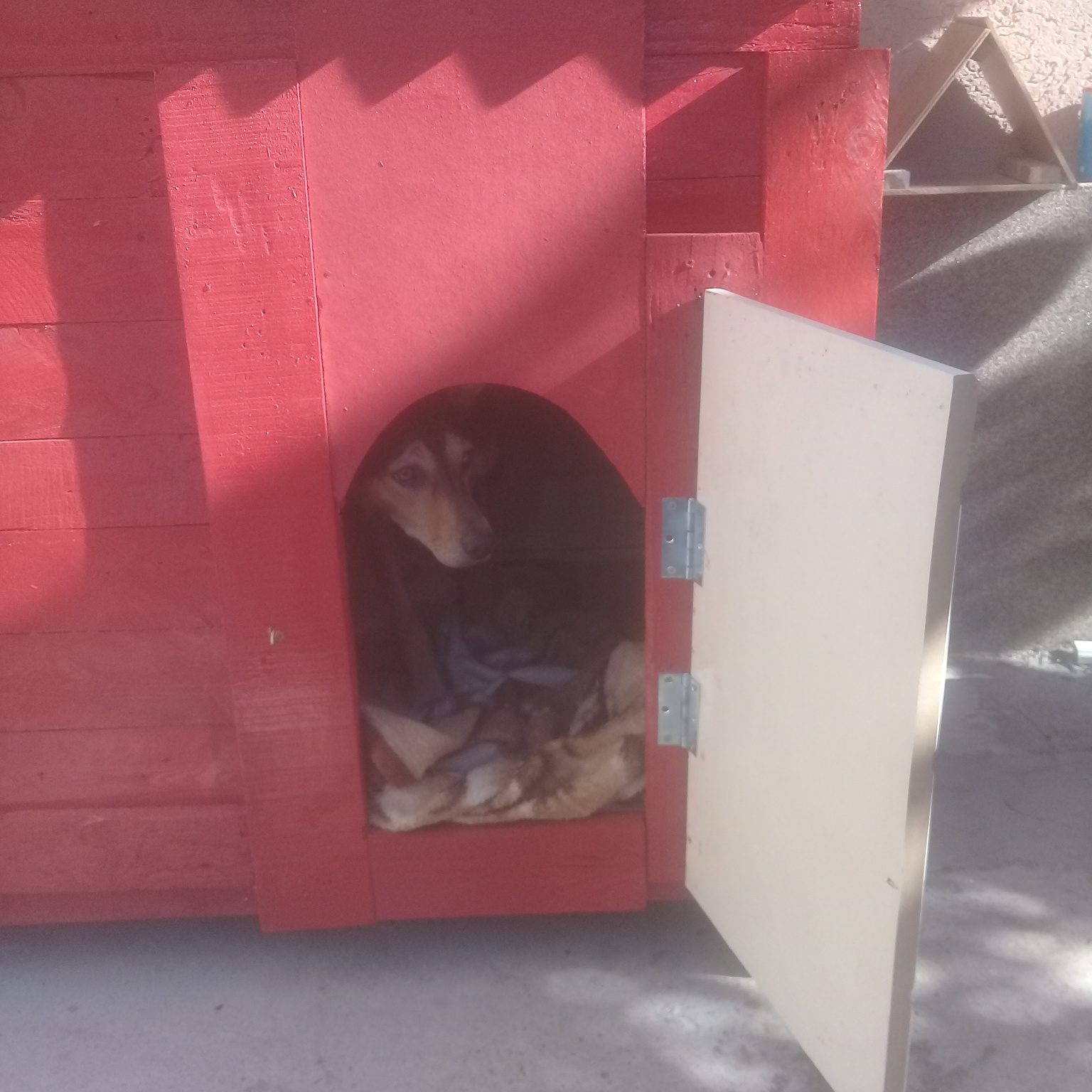
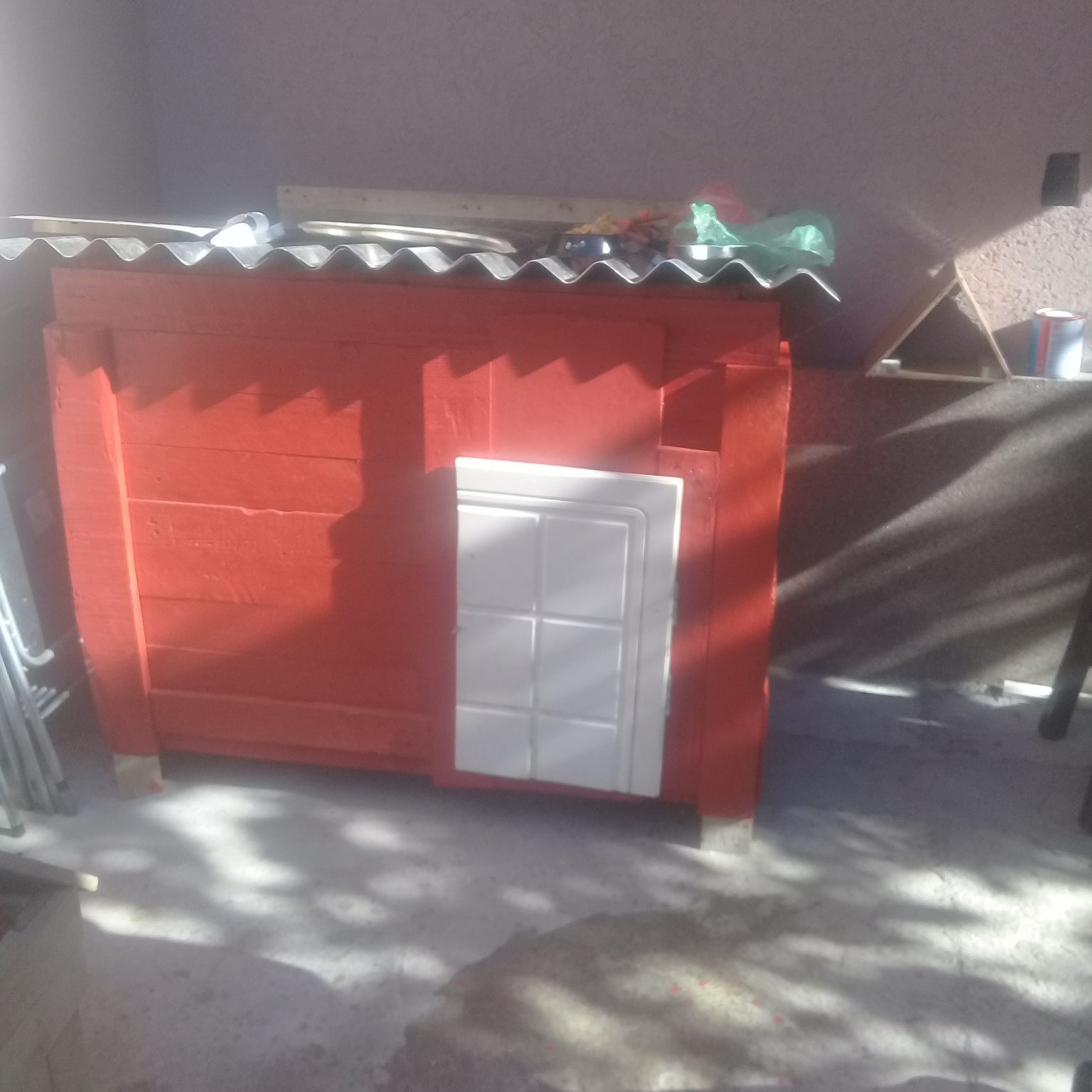
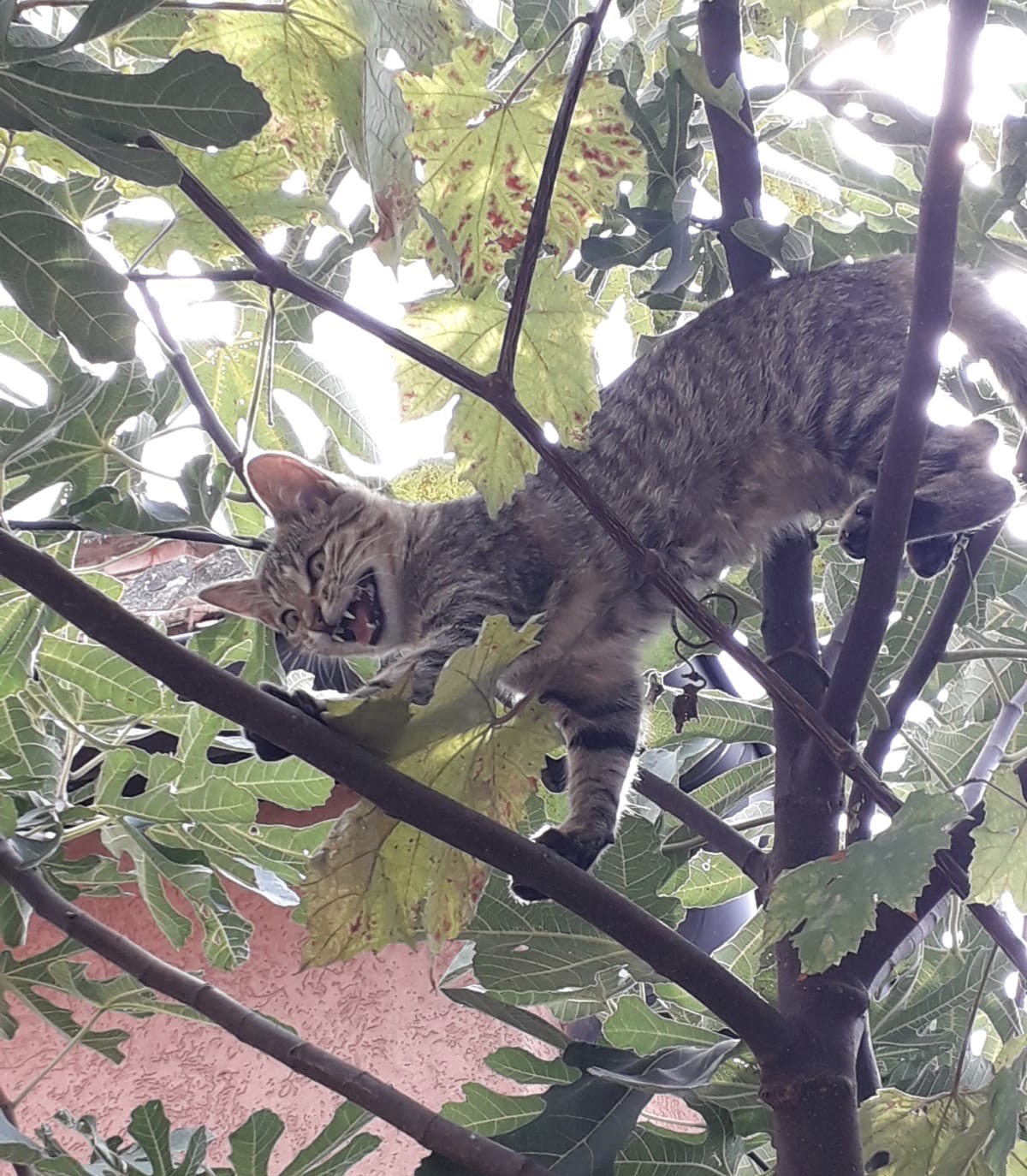
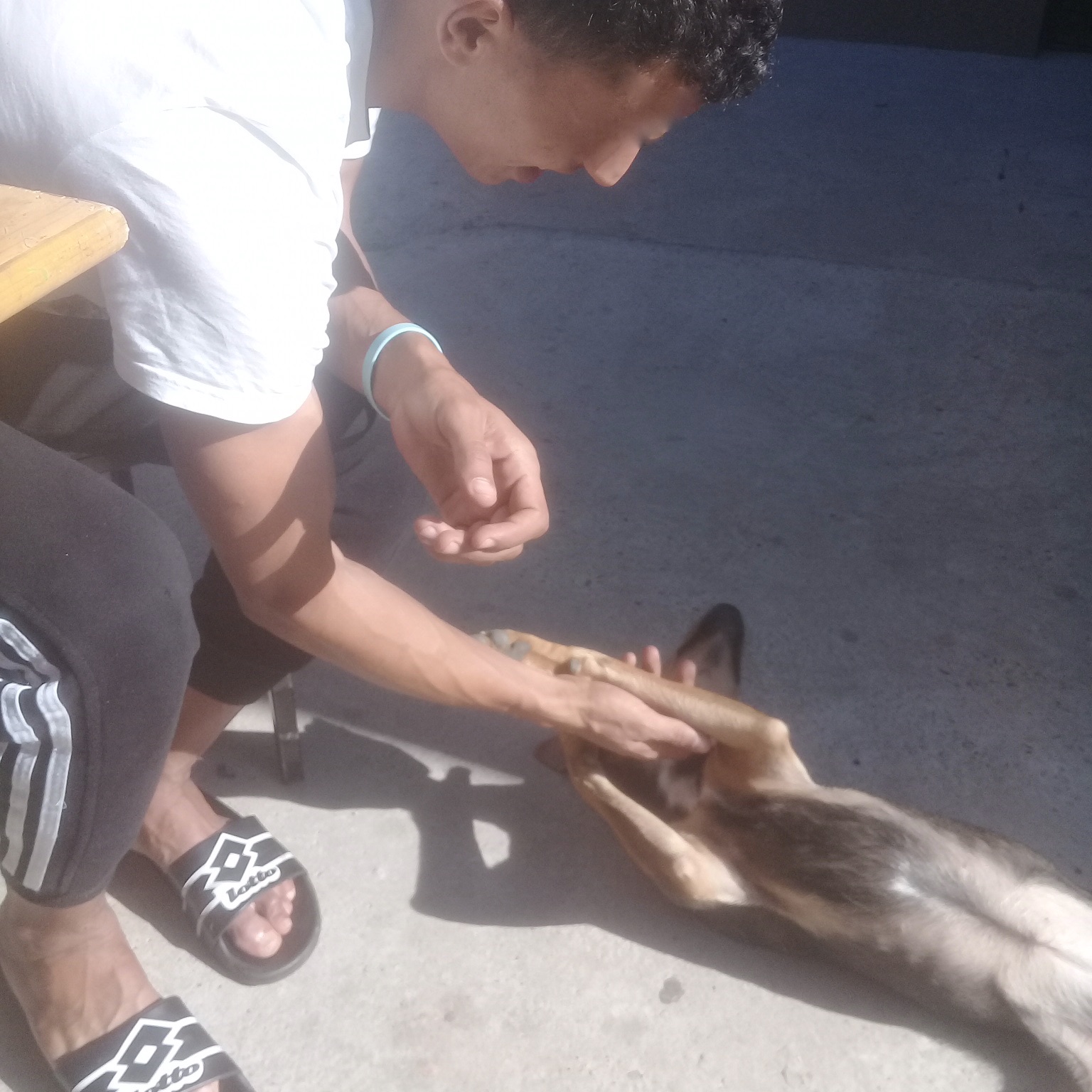
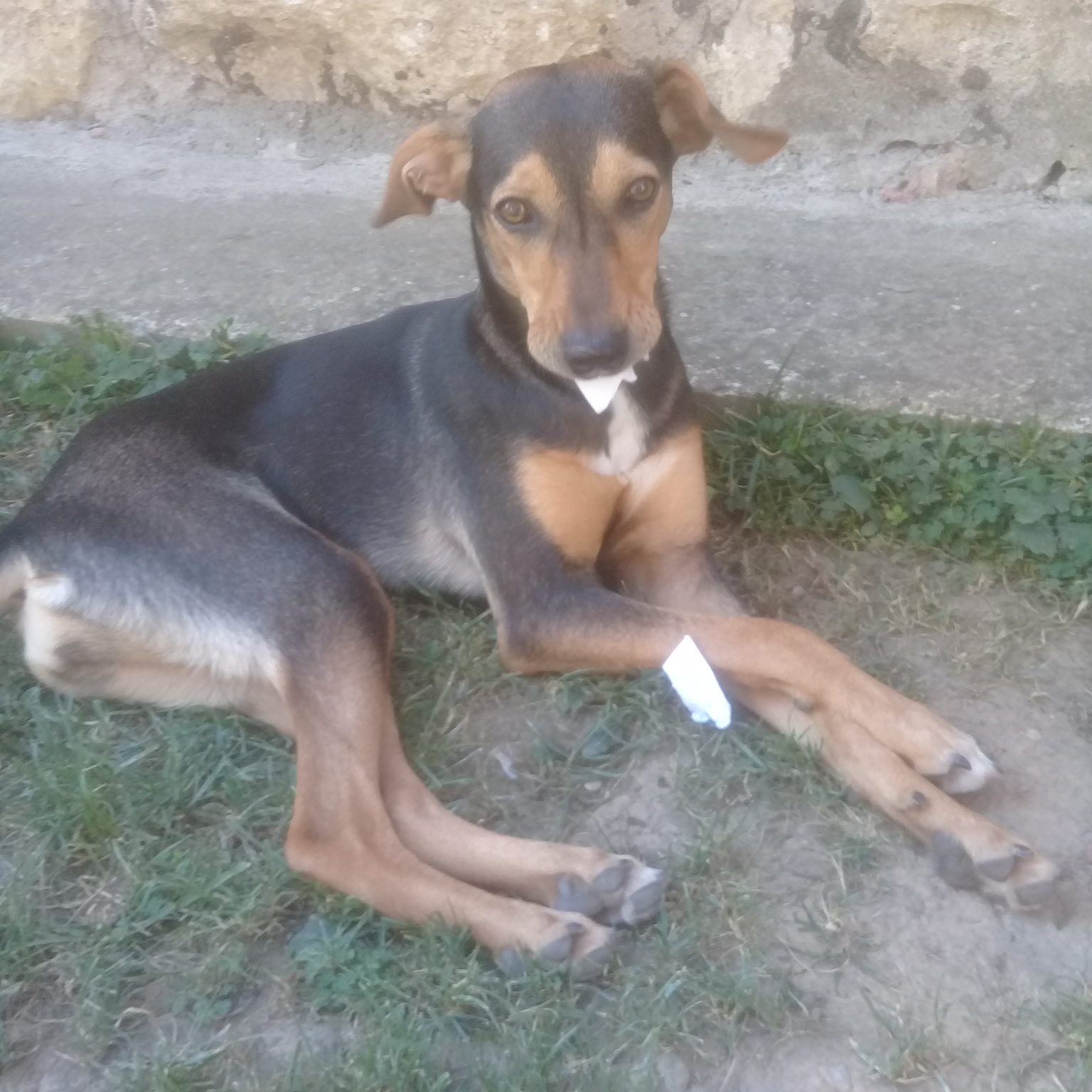
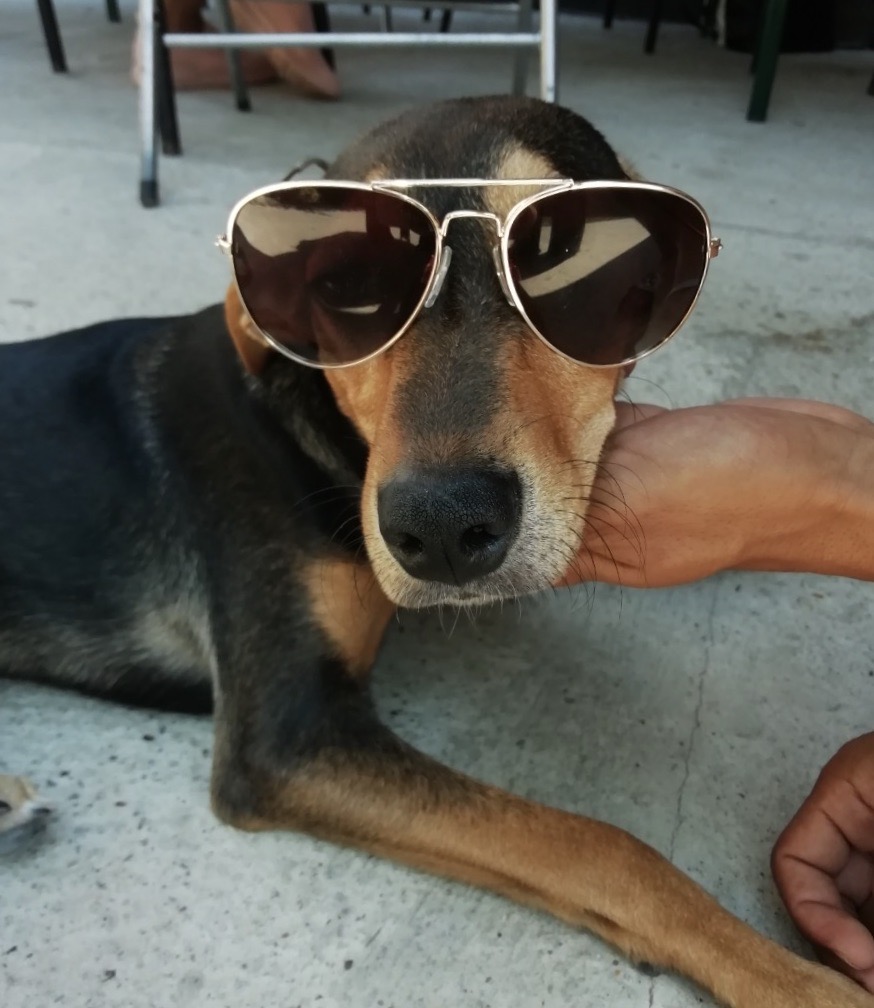
Recent Comments